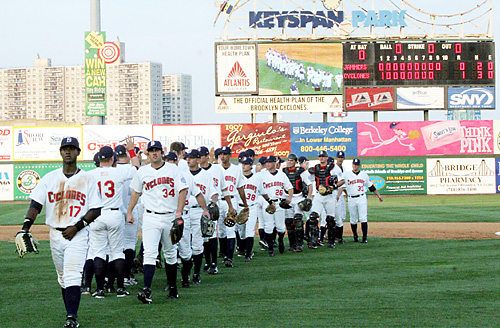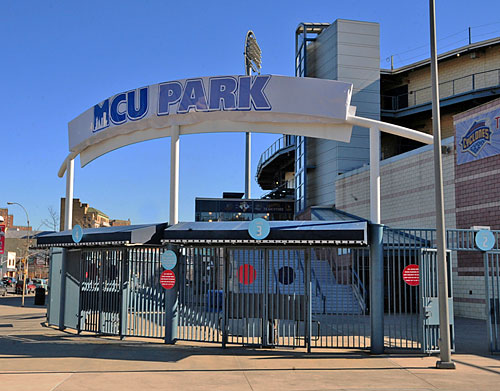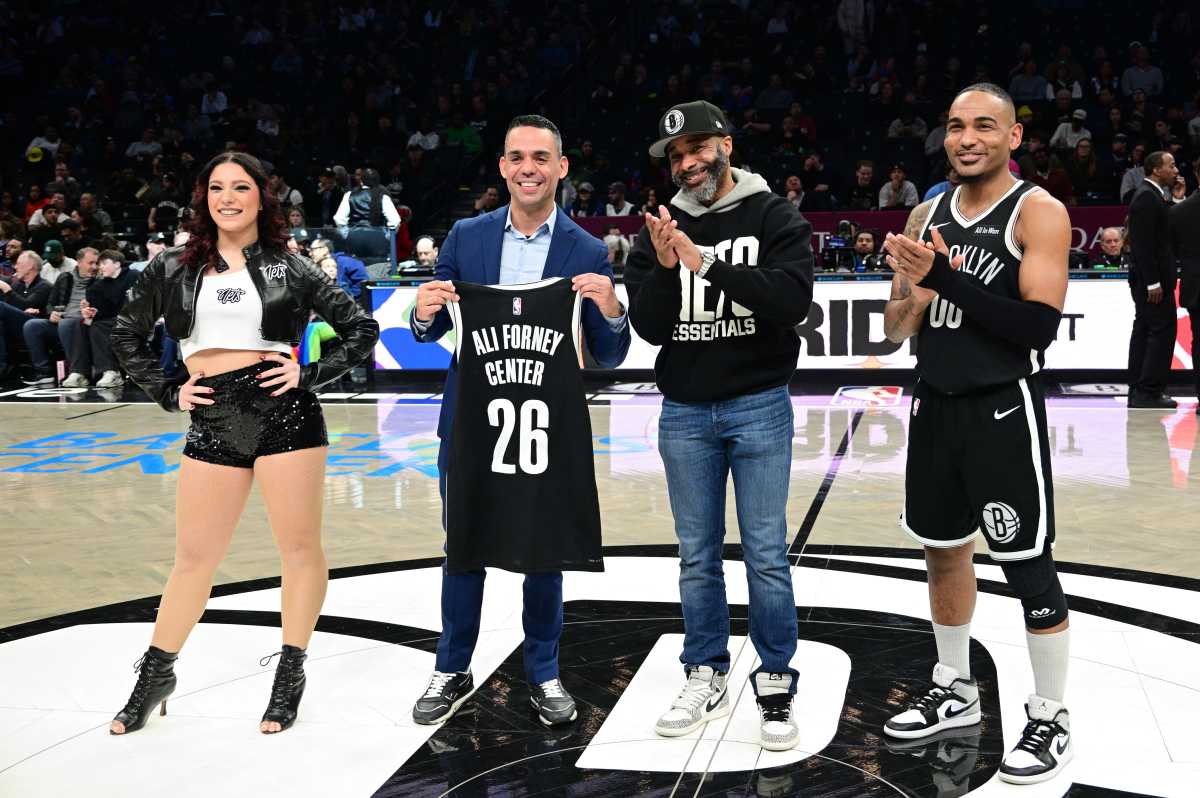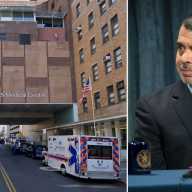Give the Brooklyn Cyclones credit where credit is due — their Coney Island stadium is now named for the city’s largest credit union.
Keyspan Park is now officially MCU Park — a name that reflects the world’s most popular Class-A ballpark’s new sponsor, the Municipal Credit Union.
The new moniker — which became inevitable after Keyspan went out of existence after being purchased by the British energy giant National Grid in 2007 — was announced Thursday at the Surf Avenue stadium, just one week after the Cyclones and National Grid released the details of their amicable divorce.
“MCU and the Cyclones are a great fit,” said Cyclones General Manager Steve Cohen. “All of their members are workers like firefighters and cops — and that really matches our fan base.”
Neither Cohen, nor Municipal Credit Union President and CEO Kam Wong would release the financial agreement behind the 11-year naming-rights deal.
The original deal on the stadium, which opened along the Coney Island Boardwalk in 2001, was supposed to run through 2020. But Cohen said that the Cyclones were allowed to negotiate with other companies after National Grid approached the team and asked for the Keyspan name to be replaced by National Grid.

“That gave us the opportunity to look for another partner,” Cohen said.
Before the deal was announced, experts questioned how any potential bidder would put a value on having its name on the side of a baseball stadium.
“If you’re a Brooklyn-based company looking for recognition, this is a good opportunity to get in on the cheap,” said New York University sports business professor Robert Boland told Crains, estimating that the naming rights would be worth about $100,000 a year.
It should take a few months to install permanent signage, Cohen added, but a temporary sign was expected to be in place in time for the Thursday morning announcement.
Founded in 1916, Municipal Credit Union has more than 300,000 members, the vast majority of whom are city employees, federal employees who work in the five boroughs, or health care professionals who work in the state.


























